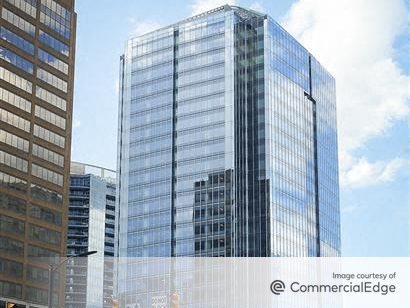Minimize Controversy by Keeping Audit-Ready Records
By Rick Parent, Executive Vice President, Gumbiner Savett Inc.
You may manage the best property in town, but even a great location won't insulate you from problems if your financial records are not in good shape.
By Rick Parent,
Executive Vice President, Gumbiner Savett Inc.

You may manage the best property in town, but even a great location won’t insulate you from problems if your financial records are not in good shape. When your tenants request to audit the expenses that you have passed through to them, you will come under close scrutiny and could be challenged. To successfully defend those charges, your records must be audit-ready and conform to the lease.
How Do You Achieve Audit-Ready Books?
Here is a framework to follow:
- Ensure that your accounting team understands what the lease allows in terms of inclusions and exclusions, as well as the difference between operating expenses and capital costs —these terms are defined below.
- Identify the transactions to be tracked, and establish a journal or “book” for each. Typically these transactions include sales invoices, purchase invoices, cash transactions, credit notes for returns and a general journal for “other.”
- Establish and execute sound financial reporting internal controls.
- Instruct staff not to write notations on records. In an audit setting, these notes could be misinterpreted and lead to disputed charges.
- Require that all journals be reconciled frequently. Reconciliation can expose posting errors and ensure completeness and accuracy.
Inclusions v. Exclusions: Operating Expenses v. Capital Costs
Inclusions are costs that are generally passed through to the tenant. These are mostly operating expenses, defined as day-to-day expenditures that neither retain value nor improve the property value over the long-term.
Typical inclusions are costs of:
- Managing, operating, maintaining and repairing the building and common areas.
- Compensating all direct employees, including employment taxes and normal fringe benefits.
- Providing security.
- Performing administrative, legal and accounting tasks related to the building.
- Improving energy- efficiency, commonly called “green costs.” To qualify as an inclusion, the related savings must pass through to the tenant. For example, solar paneling will lower electricity costs.
Exclusions are costs that are generally capital in nature. A capital cost is defined as a one-time expense, or purchase of assets that improve the property and hold value over an extended time.
Typical exclusions are costs of:
- Renting equipment relating to capital expense, such as an HVAC system.
- Operating commercial concessions on the property, such as a cafeteria.
- Adjusting bad debt and rent loss reserves.
- Repairing latent defects in the building’s original construction, such as a leaky roof.
Quality recordkeeping can provide the documentary foundation your company requires for success. Follow these guidelines carefully and you should have a framework in place for defending valid pass-through charges which might be challenged in a tenant audit.







You must be logged in to post a comment.